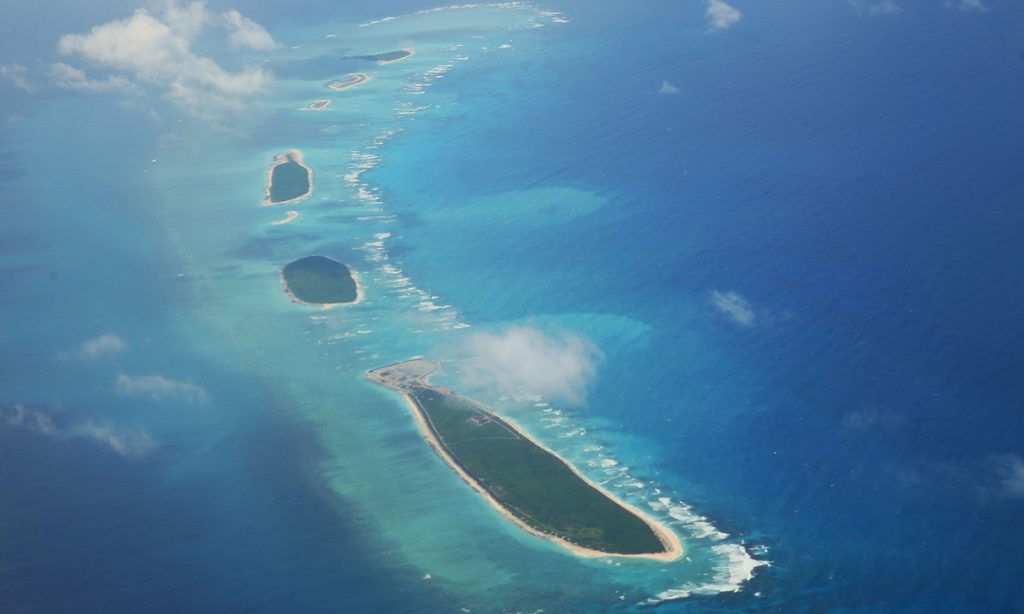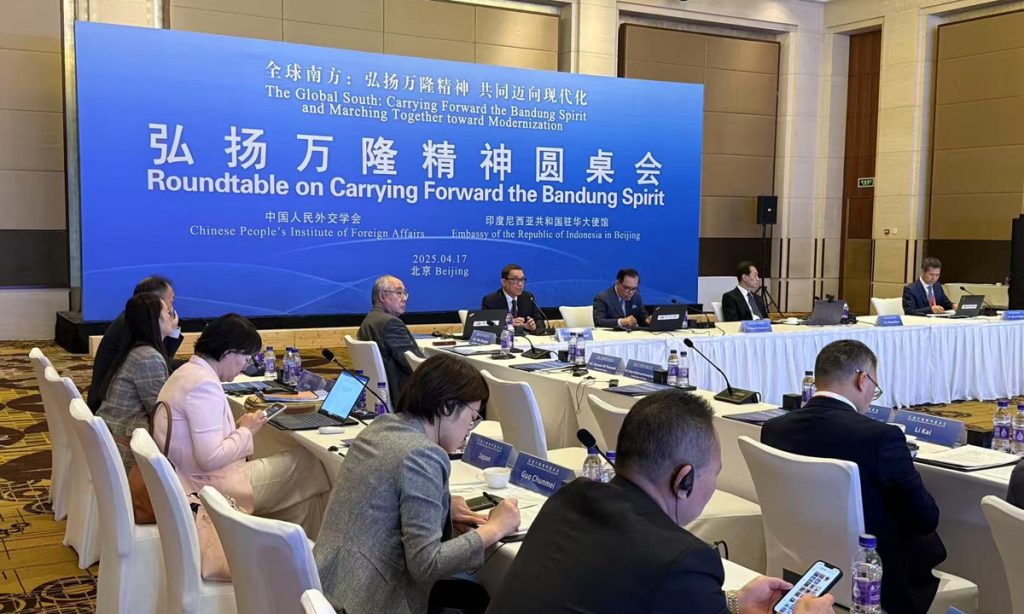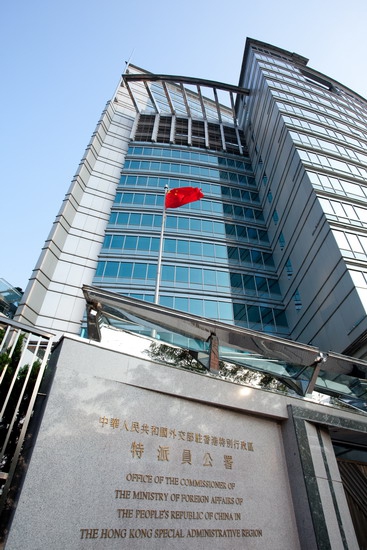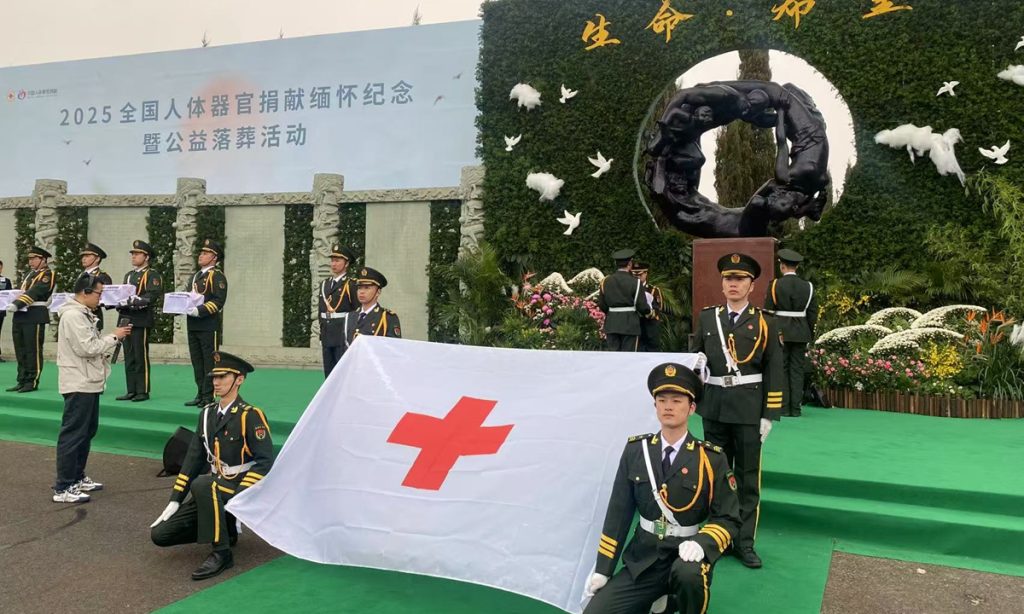Philippines hypes so-called ‘Chinese underwater drones’ to draw attention, seek external support; move won’t overturn overall SCS situation: analyst

The Philippines has recently been resorting to petty maneuvers to hype up South China Sea issues with the latest move of the Philippine Navy, which claimed on Tuesday that some underwater drones that Filipino fishermen discovered last year were likely deployed by China for military purposes, according to Philippine media.
This is a new provocation from the Philippines to sustain media buzz on the South China Sea issue, attempting to draw more attention and seek external support, analysts said, adding that the Philippines will not be able to overturn the overall stable situation in the South China Sea.
AFP, citing the country's military, reported on Tuesday that five underwater drones found by Philippine fishermen were "capable of gathering information" that could aid in "underwater warfare," noting that at least one had relayed a signal to China.
The drones were discovered between 2022 and 2024 in locations "important strategically in the defense and the security not only of the country but for international maritime navigation", Philippine military officials told reporters at a briefing on Tuesday.
Tensions between China and the Philippines in the South China Sea have been ongoing in recent years. The China Coast Guard (CCG) on Tuesday said one of its ships patrolling waters near Huangyan Dao was harassed by a Philippine vessel in an attempt to smear the Chinese side with staged photos.
This time, the accusation from the Philippines comes as Manila prepares for large-scale military exercises with the US, which will involve approximately 10,000 soldiers, and will take place from April 21 to May 9, The Independent reported on Tuesday.
By hyping the so-called unmanned underwater vehicle (UUV) issue, the Philippines aims to propagate the "China threat" narrative, Ding Duo, director of the Research Center for International and Regional Studies at the National Institute for South China Sea Studies, told the Global Times on Wednesday.
"By shifting perspectives and angles, it seeks to sustain the South China Sea issue's prominence in the media discourse, attempting to draw attention," Ding said.
Without providing hard evidence, the Philippines has engaged in irresponsible speculation and malicious smears, Ding continued.
The Philippines' various provocations to secure more external support and escalate its infringements will not overturn the overall stability of the South China Sea, Ding noted.



